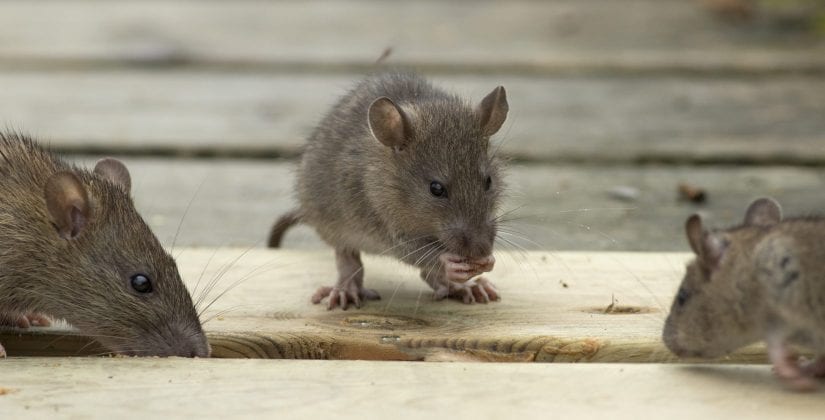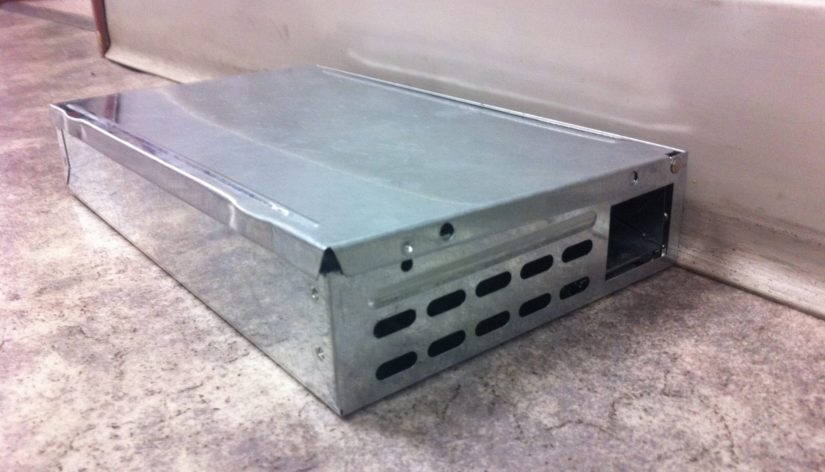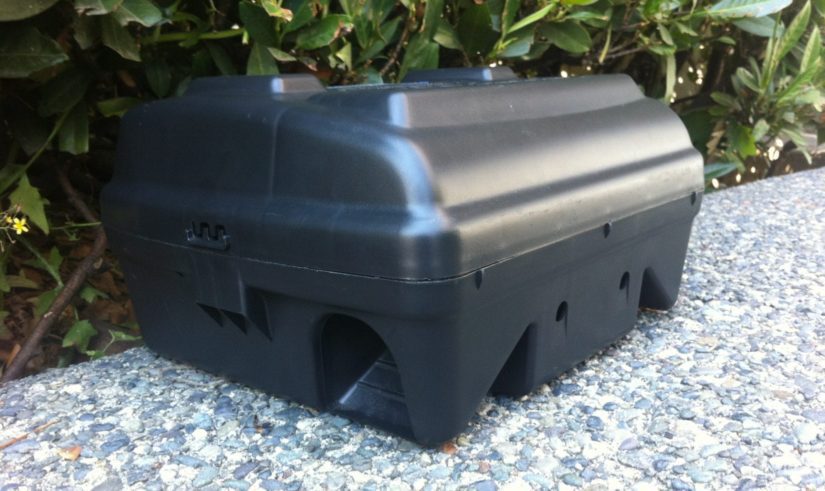Each year millions of rodents and other animals suffer from inhumane pest control methods. Although mice and rats can pose health risks to people, pets, and other wildlife, even “pests” deserve to be treated humanely.
If you need to deal with mice and rats in your home, call an AnimalKind company, learn about the dangers of rodenticides, or read more about humane rodent control below.

Preventing rodents around your home
It’s natural for mice and rats to look for food and shelter, but they get into trouble when they enter our homes. The most effective and humane way to control mice and rats is to prevent the problem before it happens.
Read our best practices for mice and rat control (PDF).
Take steps to rodent-proof your home:
- Keep food indoors: Store people and pet food in rodent-proof containers.
- Prevent entry: Seal gaps or holes big enough for mice or rats in walls, foundations, sheds and crawl spaces.
- Keep clean: Tidy up messes and spills, outdoor waste and materials to prevent nesting.
Download our complete rodent-proofing checklist (PDF)
Not just homes—cars too!
Parked cars can also be a cozy spot for mice and rats to stay safe from the elements. Bonus if they find food crumbs, or you park near a garbage bin, compost bin, pet food or bird feeder! To help prevent rodents from nesting in your car:
- Keep your car clean: clean up any food, crumbs, wrappers and garbage.
- Rodent-proof your garage: if available, rodent-proof your garage and park your car inside.
- Make some noise: honking your horn or loudly thumping on the hood may be enough to scare away critters before starting your car. If you don’t use your car regularly, make some noise or turn it on every couple of days.
- Get it checked: make sure to stay on top of your regular vehicle maintenance and look for signs of nesting or gnawing. Watch out for bad smells coming from the vents, buttons suddenly not working, indicator lights, or other issues.
If rodents have already moved into a car engine or glove box, it’s important to:
-
- Park your vehicle in a different location: rodents use urine trails to find their way back to nests in a vehicle. Moving your vehicle to a different location will break the urine trail, so rodents can’t find their way back.
- Give the vehicle a detailed clean: this will also help to eliminate urine trails and may need to be done professionally depending on the severity.
- Use essential oils: in addition to noise, essential oils like peppermint and lavender can help deter any rodents that have moved in and will mask the smell of urine so rodents can’t find their nest. Put a few drops of essential oil on a cotton ball and place it in areas of concern. CAREFUL: Essential oils can damage plastic and be harmful to pets, so apply with caution!
Don’t use glueboards
Glueboards or glue traps are plastic or metal trays coated with glue to catch mice, rats and sometimes snakes or other animals. Once the animal touches the glue, it becomes almost impossible for them to get out. Animals are often left in the trap for a long time until they die, which is a traumatic experience for both the animal and people who witness it.

These traps are legal and can be found in many stores, but they cause rodents and other animals to suffer tremendously as they do not kill quickly. Birds, small wildlife and even pets can get caught in this sticky situation. Never use glueboards around your home or office.
Poisons and snap traps
Rodent poisons or “rodenticides” are used widely, but they cause a slow and painful death. Rodenticides are also dangerous for owls, eagles and even cats that eat poisoned rodents. Avoid using poisons as much as possible.
Although the sale and use of second-generation anticoagulant rodenticides is heavily restricted in B.C., there are a few exemptions and gaps that leave risk of exposure. Read more about rodenticide use and regulations.
Snap traps cause a quick death for mice and rats, but can be dangerous to wildlife and pets unless they are kept in a locked box or inside a wall. You will also need different sizes of snap trap depending on the size of the animal (rat vs. mouse). Physical and digital devices are available that signal when the trap has been triggered – digital alerts can even go directly to your phone!

Learn more about our AnimalKind program for pest control companies, and find out when AnimalKind is available in your area:
